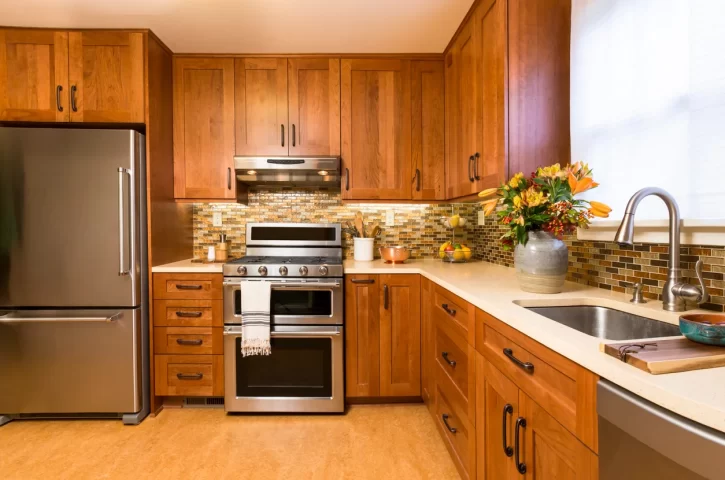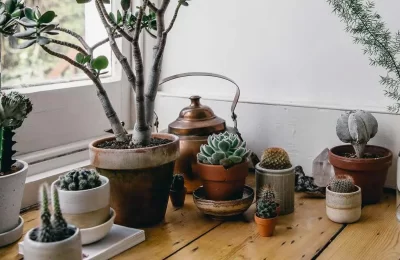
If you want to start a home garden and want to do your part to reduce your home’s environmental impact, consider building a sustainable garden. There are many steps to following to make sure your garden will be sustainable, and there are some essential tips you can follow. Below are five of the most important ones. Ensure your garden is well-planned to maximise available space and minimise your water usage. In addition, you should recycle and reuse household materials whenever possible.
To create a truly sustainable home garden, choose native plants. These will provide a habitat and food for wildlife in your area and will also require less water, fertilizer, energy, and other resources to grow. Plant native plants in similar places. Try to plant plants with similar needs in the same area, for example, a section of your garden that gets plenty of shade. This way, you can ensure the seeds of each plant will thrive the next season.
Water conservation is another essential part of gardening. Plants with different water needs should be separated. Place higher-water-consuming plants in one section and lower-water-using plants in another. Water plants only when needed, but do not overdo it. This will help your garden grow sustainably. And while your garden needs water, you should always treat it as a precious resource. So, here are some ideas on how to start a sustainable home garden.
The first step in building a sustainable home garden is to prepare the soil for planting. Before you start planting, prepare the soil by tilling it until it is 12 inches deep. Add 4 inches of compost or well-rotted manure to it and cover it with two inches of straw to prevent weeds and moisture loss. Once your garden is properly prepared, it will not need to be worked again. It will become a healthy environment for you and your family to grow food.
Composting your food scraps is another sustainable gardening practice. By using rain barrels for irrigation, you reduce the amount of water you need to pump into your garden. This will save you time and water while providing nutrients to your plants. In addition to compost, you can also use mulch and compost to improve the soil. This way, you will not have to purchase fertilisers or other chemicals to enhance your garden’s growth.
The location of your garden is another important factor in starting a sustainable home garden. Make sure it gets enough sun, water, and nutrients. You can also consider the quality of the soil in your backyard to choose the right plants. By experimenting, you can find the best spot in your backyard for growing healthy vegetables and herbs. If you have limited space in your backyard, try growing vegetables in a shady location.
Go organic. Going organic means not using chemical weed killers, pesticides, or artificial fertilisers. These chemicals cause massive damage to the environment and enter the food you eat. Instead, use organic fertilizers. Companion planting is a wonderful way to increase soil fertility and control pests without the use of chemicals. By following these simple steps, you can have an abundant harvest without affecting the environment.










